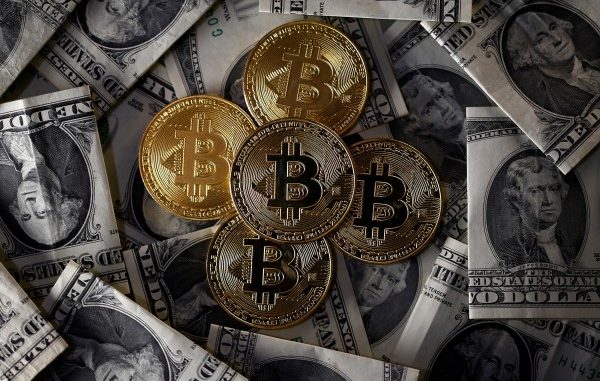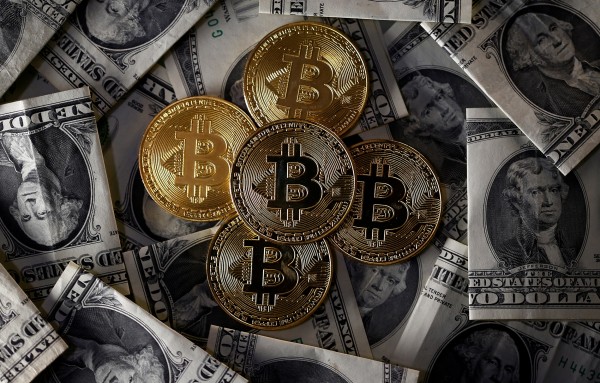
Bitcon and other digital currencies will be under the limelight once more as US Senate lawmakers ask high level markets watchdogs how control the highly unstable and uncertain up-and-coming asset class in a better way.
CFTC’s chairperson, Christopher Giancarlo and SEC’s chairman, Jay Clayton will present evidence to the U.S. Senate Committee on Banking in the midst of rising global uneasiness about the threats virtual currencies create to the fiscal system and investors.

Mr. Giancarlo fortified Bitcoin’s rate, clarifying the mining process and its correlation with price, also breaking that co-relation sometimes.
Clayton made comments shedding doubt over the helpfulness of cryptocurrencies, showing general concerns about how market unpredictability makes it difficult for transactions.
The inquiry follows a disorder in the Bitcoin price, which jumped above 15% to around a 3-month low on worries starting from an international regulatory crackdown to a prohibition issued by a few banks on credit card usage to purchase Bitcoin.
On the Bitstamp exchange, Luxembourg, Bitcoin dropped to $6,853.53 in afternoon trading, NYC. That noted a fall of over half from a height of nearly $20,000 in the month of December. The digital currency suddenly surged above 1,300% previous year.
Lawmakers are geared up to look into Clayton and Giancarlo to administer cryptocurrency exchanges, what tactic watchdogs adopt to guard investors from severe unpredictability and fraud, as well as the threats created by cybercriminals aim on stealing real-world assets in form of digital tokens.
Christopher Giancarlo and Jay Clayton will showcase the hard work of their organizations to regulate the market along with underlining boundaries in the structure of regulation, as per their evidence publicized on Monday.
The sharp fall in Bitcoin overlapped with a wider sell-off in financial stock markets in the U.S., which plunged to the lowest in the year 2018.
